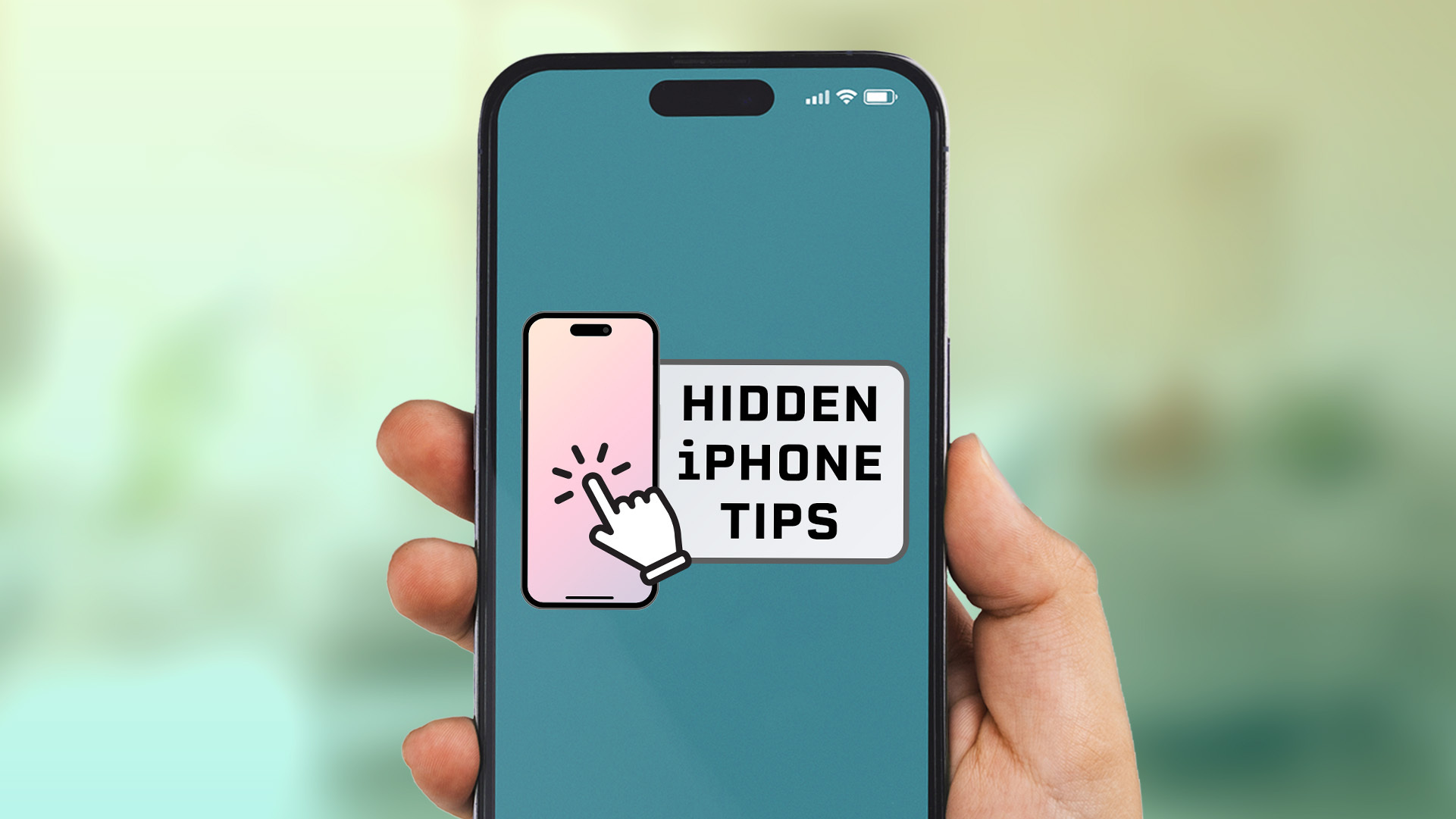Tom's Guide Verdict
Final Fantasy XV is a masterpiece, channeling some of the franchise's best qualities while adding something new and unexpected at every turn.
Pros
- +
Four memorable protagonists
- +
Fast-paced, strategic combat
- +
Gorgeous open world
- +
Unpredictable story
- +
Meaningful side quests
Cons
- -
Some unbalanced boss fights
- -
Plot quests restrict exploration
Why you can trust Tom's Guide
What can you say about a series like Final Fantasy? After 14 main games, countless spin-offs and a worldwide following of adoring fans, Final Fantasy XV was going to be a cultural phenomenon whether we liked it or not. After several middling entries, Final Fantasy XV ran the risk of embodying the worst aspects of its predecessors, full of sound and fury, and somewhat lacking in memorable characters and moving stories.
Despite (or perhaps because of) the game's 10-year development time, fans and newcomers alike can rest easy. Final Fantasy XV is a masterpiece, channeling some of the franchise's best qualities while adding something new and unexpected at every turn. Part traditional Final Fantasy, part open-world game and part road trip, Final Fantasy XV manages to feel both familiar and exciting, both nostalgic and innovative. Whether you play Final Fantasy XV for the refined gameplay, the endearing characters or the unpredictable storyline, just make sure you play it.
Story: Four guys walk into a car…
Final Fantasy games live and die by their stories, and in this regard, Final Fantasy XV does not disappoint. The game pulls off an incredible trick by mixing a variety of genres into a surprisingly cohesive narrative. After decades at war, the Kingdom of Lucis and the Empire of Niflheim are ready to pursue peace. To help facilitate a ceasefire, young Prince Noctis sets out to marry Princess Lunafreya from a neighboring kingdom. Noctis' best friends join him: Gladio, his resolute combat instructor; Ignis, his unemotional valet; and Prompto, his happy-go-lucky childhood pal. The four hop into a car and start their journey, and that's when everything goes wrong.
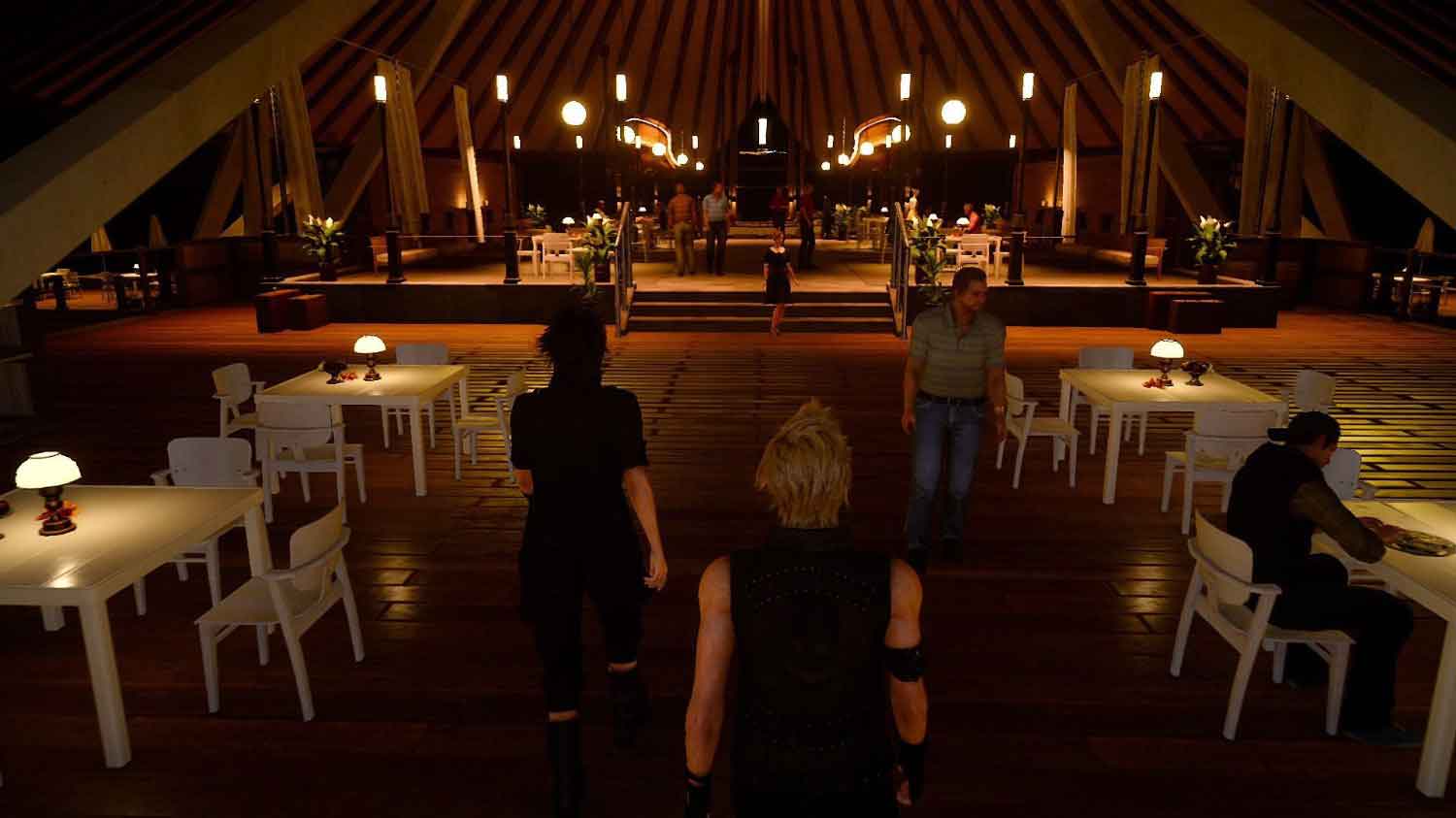
A broken-down car is only the beginning of their woes. After a treacherous attack on Insomnia, Lucis' capital city, Noctis is stranded far from home, not knowing whether his loved ones are alive or dead. With the help of his friends, he begins an adventure to reclaim his throne and stop the Empire once and for all. Naturally, things get more complicated as the game progresses, and it's not long before Noctis is hunting down ancient weapons, doing battle with gods and confronting villains who seek to control unfathomable power.
Final Fantasy XV's story is interesting and moves forward at a respectable clip, but what's really impressive is that it has a remarkably consistent tone. All four main characters understand the gravity of their situation, but they never forget that they're also on a road trip, and the primary purpose of a road trip is to have fun. Each character makes frequent requests to stop the car for some sightseeing, whether it's because Prompto wants to snap a memorable photo, or because Ignis can't wait to try a new recipe.
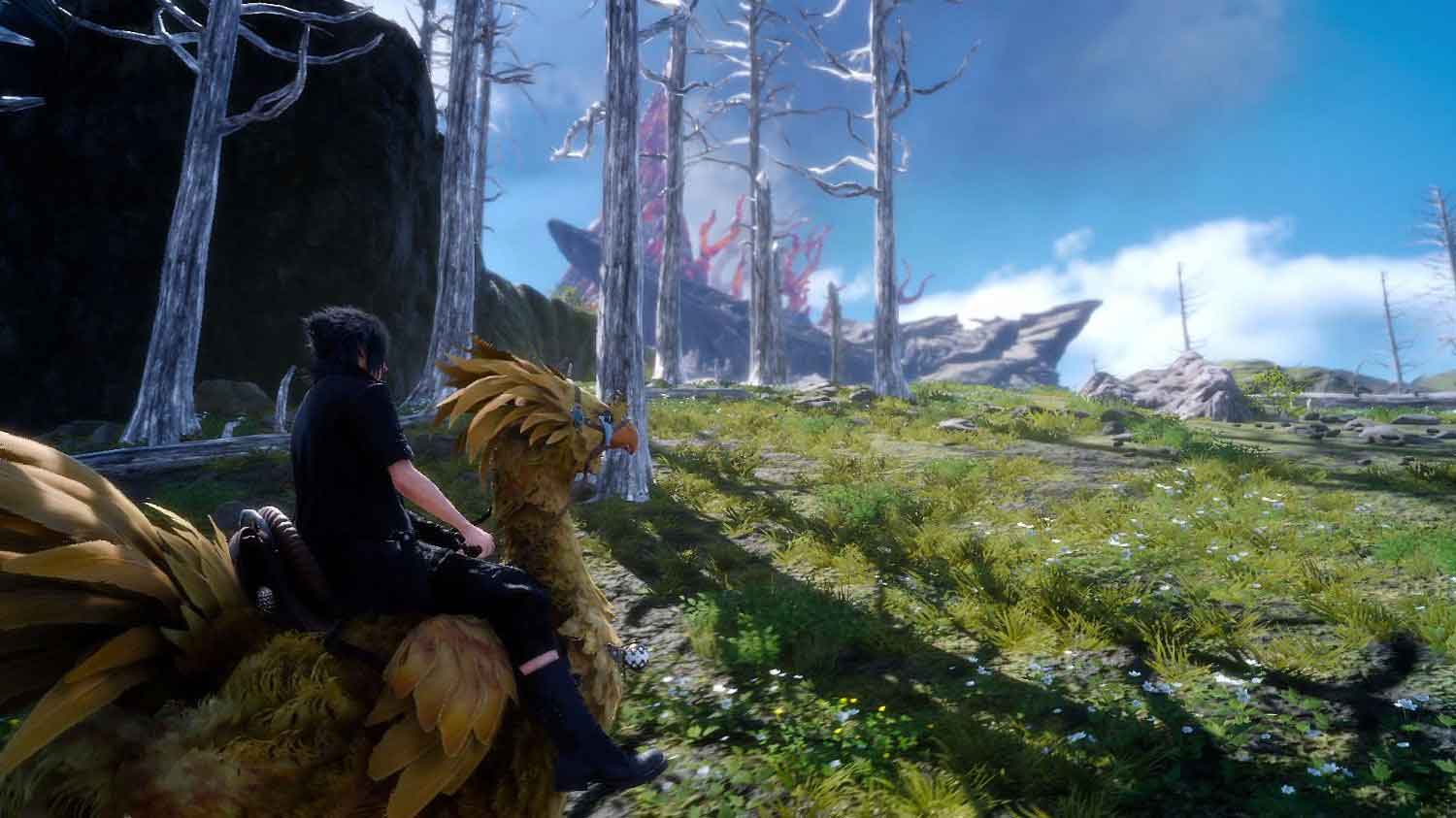
All four characters banter constantly, and their bond only grows as the game progresses. While each has broad character traits (Noctis is unsure of himself, Gladio is protective, Ignis is disapproving, Prompto is overeager), none of them is a simple caricature. Each one has preferences, goals, desires and interests that may or may not mesh with the overall quest. While a few temporary party members come and go along the way, Final Fantasy XV is very much a game about male bonding among close friends, and as someone who's been lucky enough to have a similar group of friends in my own life, I found the dynamics between the characters to be perfect.
MORE: Best PS4 Games
Get instant access to breaking news, the hottest reviews, great deals and helpful tips.
The story has only one significant drawback. Starting about halfway through the game, some of the plot quests will lock you off from the world at large, and force you into stand-alone levels that don't give you the same kind of narrative freedom. They aren't as bad as Final Fantasy XIII's straight-line-to-the-finish dungeons, but it can be a pain when you realize that it's going to be a few hours before you can return to all the side activities that helped break up the heavy drama of the political story.
Gameplay: Life on the open road
Traditionally, Final Fantasy games have been relatively straightforward (albeit highly polished) Japanese role-playing games. You'd go to an area, get a quest, complete it and move on to the next plot point. Final Fantasy XV adopts a decidedly more Western approach by opening up the whole world fairly early on. The adventure begins with Noctis and his three friends pushing their broken-down car toward a gas station on a remote highway. Your first task is to repair the car; after that, you can pretty much go where you want, with a world that opens up even more as you complete plot quests.
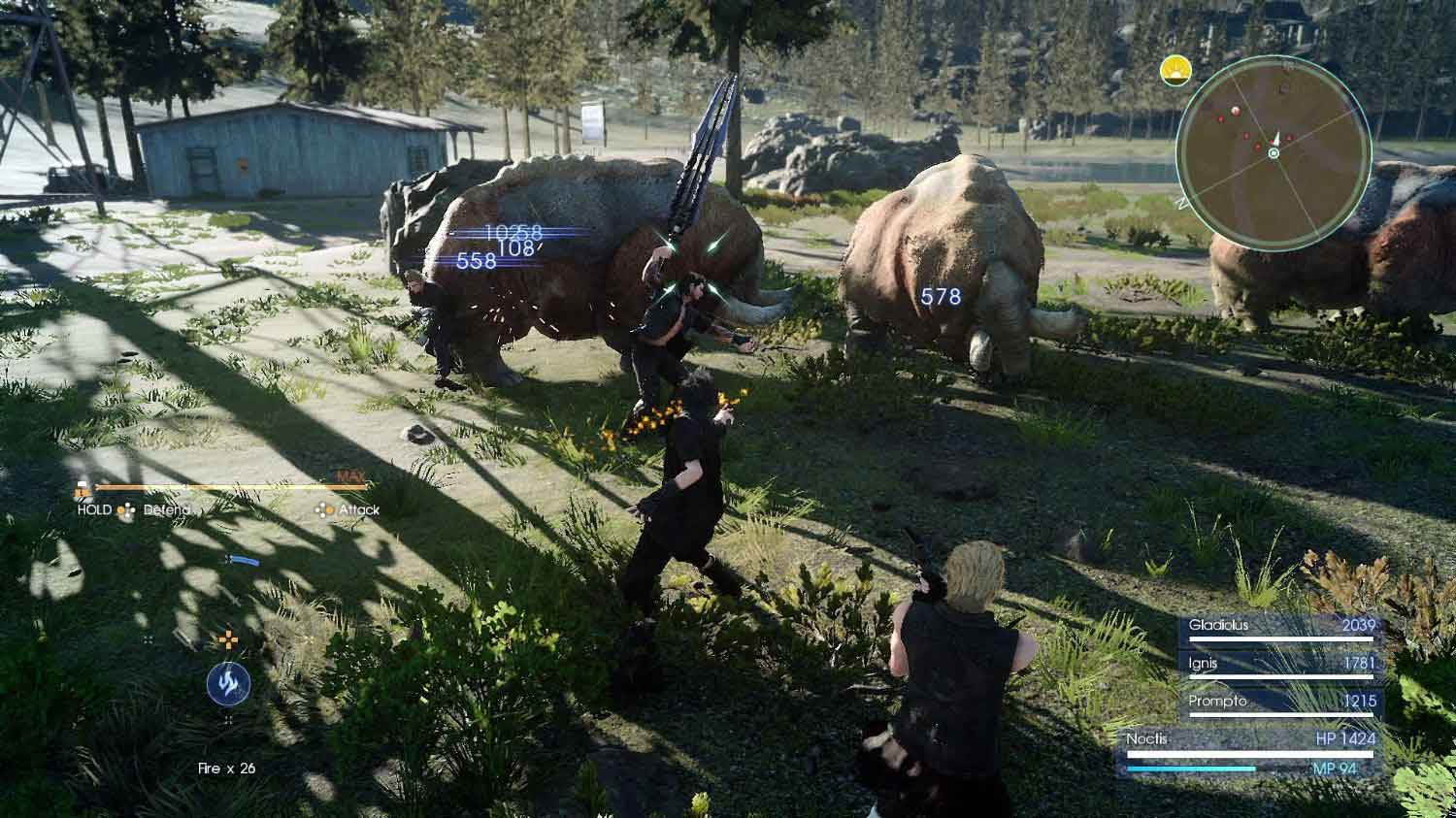
Final Fantasy XV does a great job of easing players into its complex and manifold gameplay systems. If you've played an open-world game, you'll be familiar with the structure. Plot quests advance the story; side quests are there for extra experience, money and equipment. You can blow straight through the plot, explore every inch of the world or something in between. For the first few chapters, at least, there's no rush.
Most quests involve combat, which feels like a satisfying mix between the real-time tactics of Final Fantasy XII and the flashy acrobatics of Final Fantasy XIII. You'll control Noctis, while a competent AI takes control of Gladio, Prompto and Ignis. The party members don't have clearly defined roles at first, but as the game progresses, Gladio can soak up damage, Prompto can score devastating critical hits, and Ignis can rally and heal the group. Noctis is a jack-of-all-trades, able to equip four weapons and switch among them on the fly.

By default, combat happens in real time, so you can move around the battlefield, targeting enemies at will. More methodical players can also activate the Wait system, which lets you pause combat and size up the situation. You can even invest in skills that let you learn enemy weaknesses while you wait. The game doesn't penalize or reward you either way, but it's nice to have the option. What makes combat more interesting is a technique known as a warp-strike. By expending magic points (MP), Noctis can instantly close the gap between himself and an enemy, and land a blow. The farther the distance traveled, the more damage dealt. Unlike in most previous installments, MP has no bearing on actual magic spells. Instead, Noctis can draw fire, ice and lightning from elemental nodes in the environment around him, like drawing spells from enemies in Final Fantasy VIII. A skill called Elemancy allows you to combine the three elements with powerful items in order to make elemental grenades that can harm both your enemies and your party. The magic system is a bit more cumbersome than in previous games, but it can also make a bigger difference in life-or-death situations. The challenge of trying to balance regular attacks, warp strikes and safe zones where MP can replenish you makes battles riveting. Some of the game's enormous bosses can (and will) demolish your characters in one shot, though, which feels a bit frustrating and at odds with the game's otherwise forgiving nature.
Noncombat zones
Combat is an integral part of gameplay, but it's not the only thing you'll do. You'll also spend time driving around the game's huge map, conversing with its many inhabitants, taking on hunting assignments, upgrading your car, fishing, camping, taking photos, cooking meals, and riding Chocobos, Final Fantasy's iconic rideable birds. Just about everything you do has an experience bar that improves as you do more of it, so no time is wasted.
You can even invest Ascension Points (AP) in abilities that grant additional AP and experience points as you pursue the game's various noncombat activities, from racing Chocobos to reeling in a prize fish. There's plenty to do in this game, and every activity helps your party become more powerful and more versatile.
Final Fantasy XV manages to feel both familiar and exciting; it's both nostalgic and innovative.
AP aren't just for improving noncombat abilities; you can also make your party members better in battle. Whereas simply defeating enemies grants experience points, which will level up your party and make them stronger and more durable, AP is how they'll learn new abilities. Through smart AP allocation, you can empower your warp-strikes, let characters equip more accessories, craft more powerful magic spells, learn new special attacks and more. Balancing AP spending between combat and noncombat abilities is one of Final Fantasy XV's most rewarding challenges.
Graphics and Sound: The perfect mix
Final Fantasy XV is a beautiful game. Not only are the character models lifelike and varied (Square Enix has finally gotten over its "every character must have perfect, doll-like skin" hang-up), but the world looks like a real landscape, not a collection of loosely associated biomes. Deserts slowly give way to mountains and forests. Coastal highways dip and climb as they follow the vast ocean, and cities range from gilded metropolises to run-down tourist traps. Final Fantasy XV doesn't just look big; it is big, and it's big for a reason.
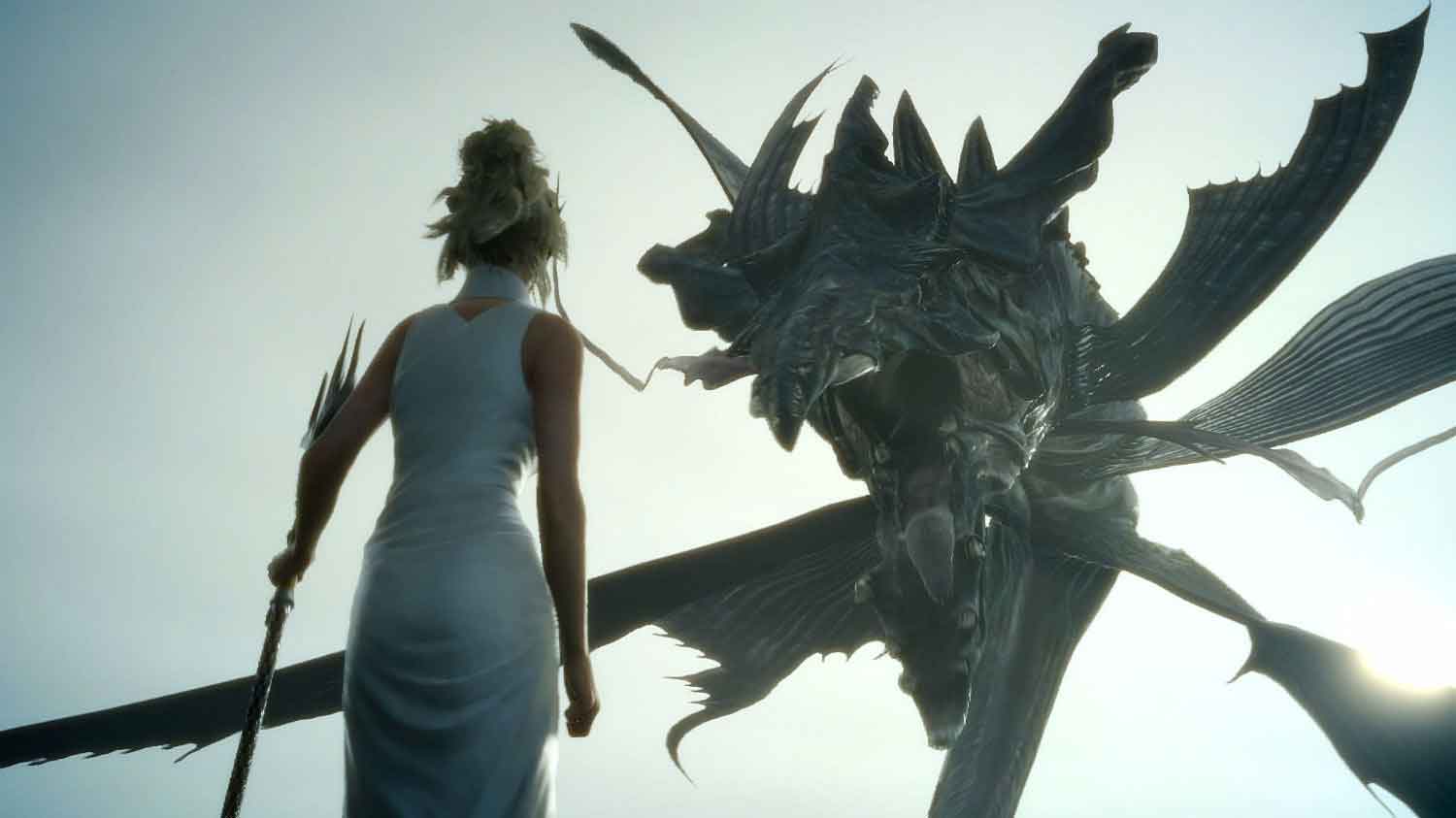
For all the beauty of the overworld, though, nothing in Final Fantasy XV struck me quite like the dungeons. From lofty mountaintops, to dangerous animal dens, to abandoned mines and shelters, the dungeons made me feel something that no other Final Fantasy game ever has: fear. Armed with small flashlights and their wits, the four friends often comment on how scary it is to explore and navigate these dark, cramped, unpredictable places.
Thanks to the excellent mix of creepy visuals and haunting sound and musical cues, I felt what they felt. A shuffle in the distance or an orchestral sting was often enough to get my heart pumping, just like in a good horror game. Aside from the eldritch Shadow Hearts series, that's never happened to me while playing an RPG before.
MORE: Best Gaming Headsets
The music is also a thing of beauty, from the pastoral suites that accompany exploration to the choral pieces that make boss battles feel tense and exciting. The voice acting is what really sells the game, though, especially among the four main characters. Ray Chase as Noctis, Adam Croasdell as Ignis, Chris Parson as Gladio and Robbie Daymond as Prompto make the friendship between the four seem effortless and genuine, and that's what sells the entire game.
Bottom Line: The top of its game
With an unprecedented 10 years in development and fan expectations at an all-time high, there are so many ways that Final Fantasy XV could have gone wrong. Instead, it took the best aspects of Eastern and Western RPG design, and blended them in an ambitious adventure with four unforgettable characters. Final Fantasy XV isn't just fun; it's also a game that will stick with you for many years to come.
I thoroughly enjoyed everything the game had to offer, from fighting, to fishing, to simply traversing the enormous world. I won't say that Final Fantasy XV never feels repetitive — you can only go so many places and kill so many monsters before it starts to feel a little rote. But I will say that there was more than enough variety in the quests to keep the repetition mostly at bay.
Before I played Final Fantasy XV, I thought that the series had peaked long ago, useful now only as a branding tool to sell run-of-the-mill spin-offs. I was overjoyed to be completely wrong. If Final Fantasy XV is any indication of what Square Enix is still capable of, Final Fantasy is just as exciting now as it's ever been. Here's to many more years of crystals, Chocobos and unlikely friends who just might be able to save the world.

Marshall Honorof was a senior editor for Tom's Guide, overseeing the site's coverage of gaming hardware and software. He comes from a science writing background, having studied paleomammalogy, biological anthropology, and the history of science and technology. After hours, you can find him practicing taekwondo or doing deep dives on classic sci-fi.
